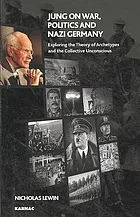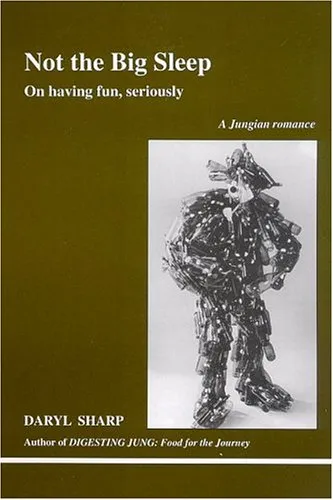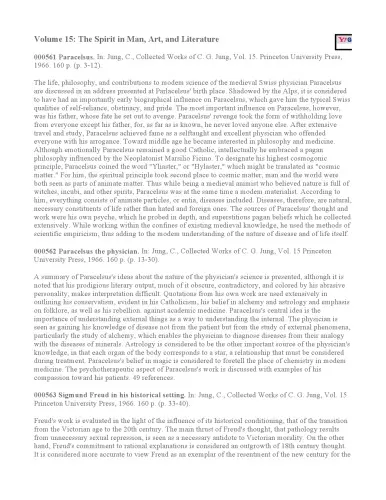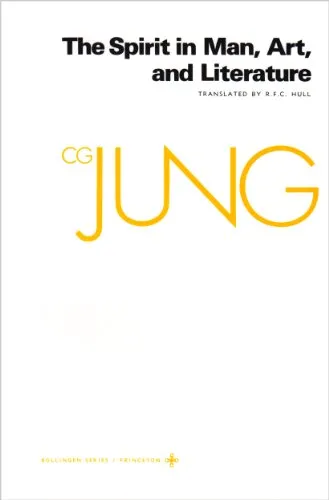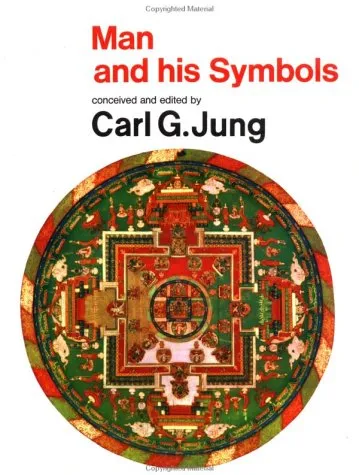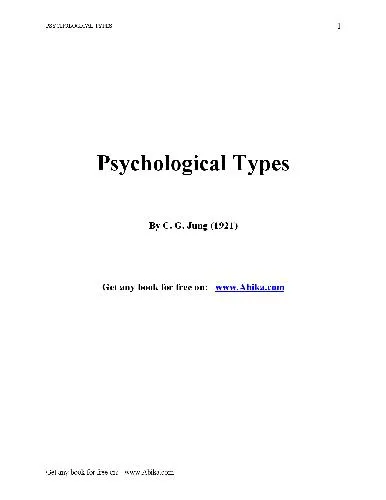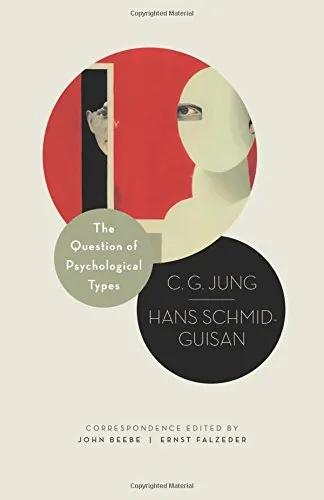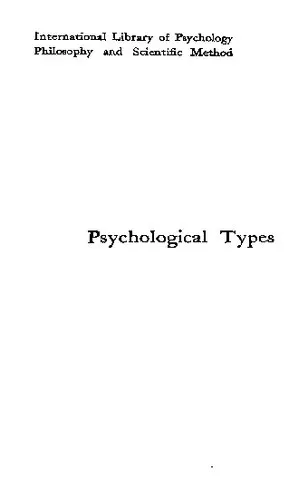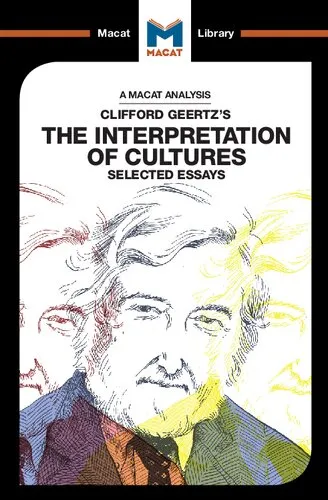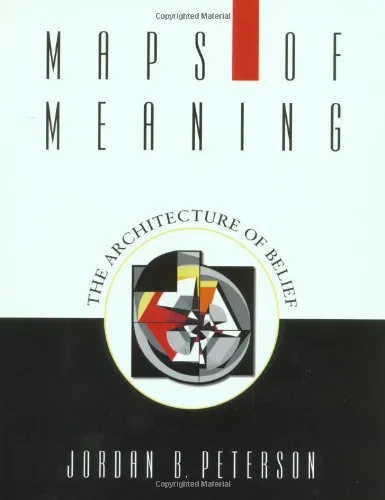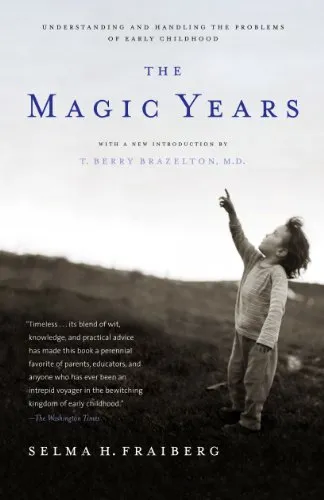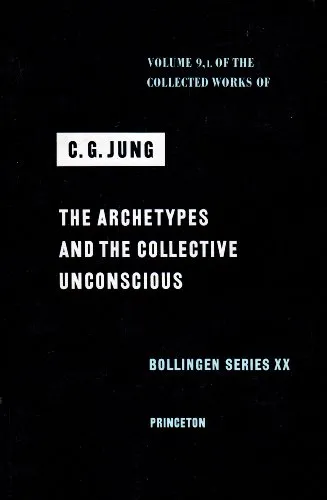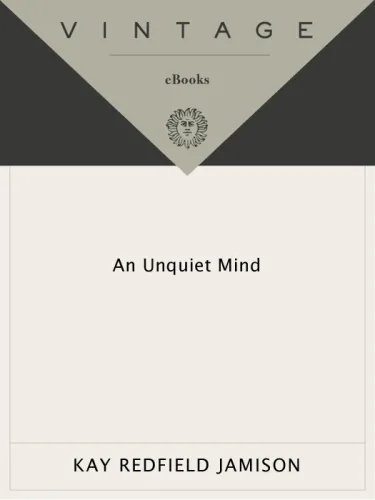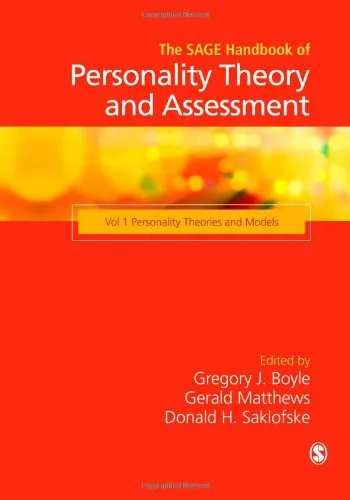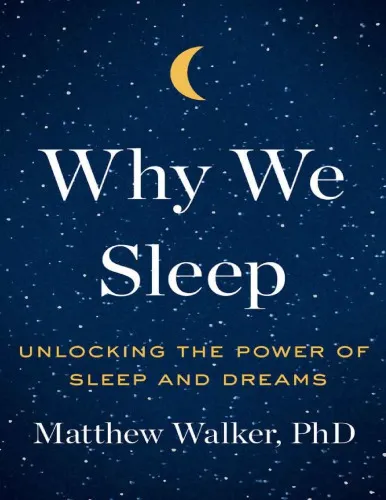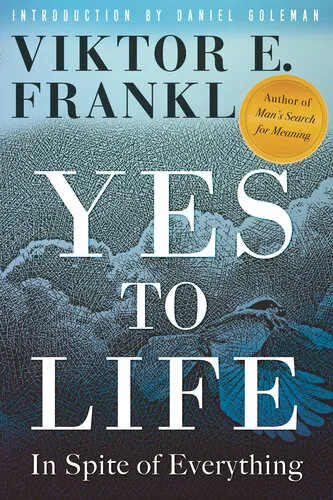Jung on war, politics, and Nazi Germany : exploring the theory of archetypes and the collective unconscious
4.9
Reviews from our users

You Can Ask your questions from this book's AI after Login
Each download or ask from book AI costs 2 points. To earn more free points, please visit the Points Guide Page and complete some valuable actions.Related Refrences:
Welcome to the in-depth exploration of the complex interplay between Jungian psychology, historical events, and political ideologies. "Jung on War, Politics, and Nazi Germany: Exploring the Theory of Archetypes and the Collective Unconscious" provides a fascinating dive into Carl Gustav Jung's perspectives on the tumultuous era of World War II and the rise of Nazi Germany. By examining the dynamic tension between individual psychology and collective societal forces, this book sheds light on how Jung's theories can be applied to comprehend one of history's darkest times.
Detailed Summary of the Book
The book delves into Carl Jung's reflections on the political and social turmoil of the early 20th century, especially focusing on World War II and Nazi Germany. By utilizing Jung’s theories on archetypes and the collective unconscious, the text seeks to uncover the deeper psychological currents that entangled with the historic events of that period. Jung theorized that the collective unconscious holds archetypes—universal symbols and themes that influence individual and collective behavior. This book explores how these archetypal energies may have shaped political ideologies and mass movements, driving pivotal events in history.
Throughout its chapters, the book navigates Jung’s speeches, writings, and interviews, revealing his views on authoritarianism, the psyche of nations, and the symbolism underlying the Nazi ideology. It critically analyzes Jung’s controversial stance towards the Nazis and his later disavowal of their actions. Furthermore, it scrutinizes Jung's notion of the "shadow"—the darker side of humanity that can emerge under societal stress—providing a psychological framework for understanding figures like Adolf Hitler and the Nazi regime.
Key Takeaways
- Jung's thoughts on the collective unconscious offer a unique perspective on the psychological mechanisms behind mass movements and totalitarian regimes.
- The book emphasizes the psychological importance of understanding archetypes in recognizing and mitigating the rise of destructive ideologies.
- Jung’s critiques reveal how shadow elements in the human psyche can manifest in societal violence when unacknowledged or suppressed.
- The idea that recognizing the human capacity for evil is vital for maintaining psychological health and preventing future atrocities is a cornerstone of Jungian applied theory.
Famous Quotes from the Book
"In every man there is a secret plan for the future, written long ago..." - Reflecting on the deep-seated psychological blueprints within each individual.
"The shadow is a moral problem that challenges the whole ego-personality, for no one can become conscious of the shadow without considerable moral effort." - Highlighting the moral dimensions of confronting the darker aspects of the psyche.
"Where wisdom reigns, there is no conflict between thinking and feeling." - Emphasizing harmony in the psyche as a sublime goal for individuals and by extension, societies.
Why This Book Matters
This book is crucial for students and practitioners of psychology, historians, and anyone interested in understanding the psychological essence underlying historical events. By articulating how archetypal forces can drive collective behavior, it lends profound insights into the nature of human conflict and large-scale social movements. Furthermore, it encourages a reflection on how past events can inform contemporary socio-political climates, urging readers to apply psychological awareness to prevent future recurrences of similar catastrophes.
Additionally, it serves as an indispensable resource for those intrigued by the intersections of psychology and history. It challenges the reader to consider how understanding the unconscious mind’s symbolism can lead to a broader comprehension of both personal and collective human experiences.
Free Direct Download
You Can Download this book after Login
Accessing books through legal platforms and public libraries not only supports the rights of authors and publishers but also contributes to the sustainability of reading culture. Before downloading, please take a moment to consider these options.
Find this book on other platforms:
WorldCat helps you find books in libraries worldwide.
See ratings, reviews, and discussions on Goodreads.
Find and buy rare or used books on AbeBooks.
1508
بازدید4.9
امتیاز0
نظر98%
رضایتReviews:
4.9
Based on 0 users review
Questions & Answers
Ask questions about this book or help others by answering
No questions yet. Be the first to ask!
